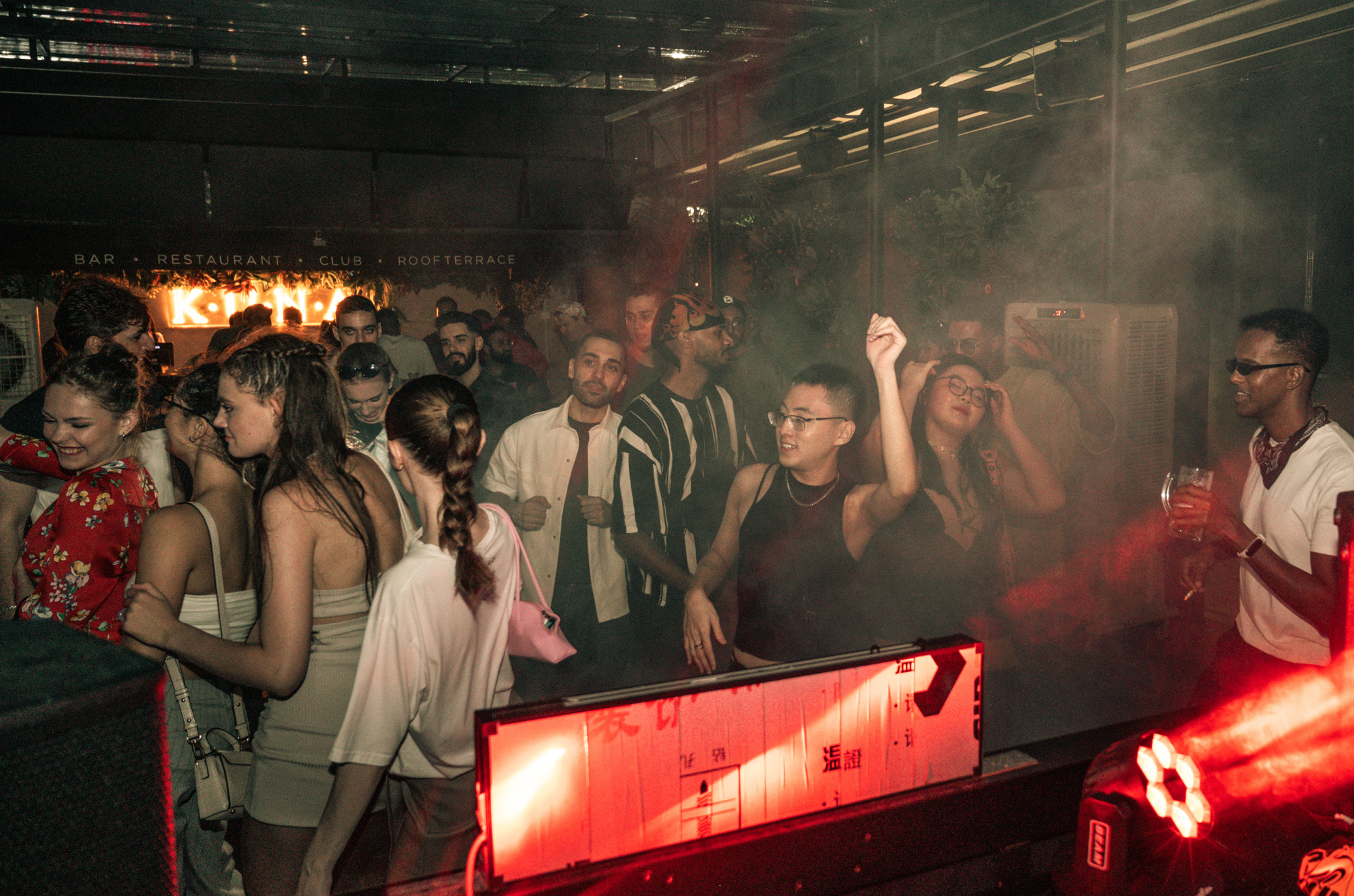 Interviews
Interviews
An institutional dance floor: Kuala Lumpur's Sweatbox turns 8
Sweatbox's Founder Daniela Horeanga opens up about Malaysia's dance floors
Through eight years of arduous and elated precipitation, Sweatbox Records has overcome immense challenges while establishing itself as somewhat of an institutional brand and platform for dance music in Kuala Lumpur.
Founded by Daniela Horeanga, a Romanian promoter, DJ and label honcho, Sweatbox has been shaping the Malaysian capital’s club circuit by nurturing local and regional talent and embedding a signature sound of deep and hedonistic grooves across the city.
Operating the Sweatbox label and party series under Art Xtreme Media, her near-decade of efforts has been coupled with an equal measure of challenges, ranging from socio-political barriers that stem from Malaysia being a religious state to being able to consistently sell a sonic narrative in an intimate marketplace.
Only a handful of clubs have been able to accommodate a diverse house and techno environment that promoters like Horeanga bring to the table, such as Kyo; in the current post-pandemic age, Kyo's small room dedicated to underground programming, Ren, was closed down and the main club room continued to commit to a mainstream policy as a means of survival. Other early establishments that served as bastions for underground club sounds like Elyisum, and Le Noir — both places where Sweatbox impressed on dancers — also closed their doors before 2020's global shutdown.
Whilst Horeanga’s story in Malaysia is firmly rooted in growing Sweatbox into a regional party brand and an international label, her true underlying success seems to emanate from how enamoured her gatherings are by the community values and commitment to artist growth she stands for.
Just a month ago, Sweatbox celebrated their eighth anniversary with Aracil, Obadius, Rimka, Reno Renatama, Azran and Meliha at Kuna Rooftop, for an all-night affair. With Southeast Asia’s scene at wide currently thriving with a plethora of cultural and artist exchanges, Mixmag Asia speaks with the Sweatbox founder about her journey in Malaysia till now, and the regional ambitions she’s been building on.

What was Sweatbox Records for the first three years?
Sweatbox started in 2015 on the rooftop of a club - Elysium, that looked exactly like a glass box, overlooking the sights of KL city. Everyone in town would join, and we would often get to experience the sunrise, sunglasses on, eyes closed, and hands in the air. It was the beginning of eight years of magical parties with hundreds of bookings from all over the world — from recognisable DJ legends to more obscure artists, we've done it all. Every time there was no room to throw a needle in there, and everyone - no matter what music preference, creed, or origin - we were having a lot of fun.
In 2018, after the club closed down, we moved to Ren at Kyo KL. A state-of-the-art nightclub and a bigger space for our parties as well. The sound of the Sweatbox has evolved and channelled into bigger sounds, ampler and more accommodating of a larger crowd.
2019 marked the closure of Ren at Kyo, and we have moved to Le Noir, at Trec - the entertainment district of Kuala Lumpur. Another change of venue meant taking up the challenge of catering to a fresh crowd and building our signature sound even further so that no matter what venue we would be hosting our events, people would know it's The Sweatbox.
Fast forward to the beginning of 2020 and COVID-19 putting a two-year hold on our music scene. Many clubs closed down as a consequence of the pandemic, including Le Noir. When the events were allowed again, we organized pop-up parties in venues such as Fubar and Crane, literally starting from scratch. We came back to new faces on the dance floor, new tastes, and as music always evolves, new dancers' hearts to conquer. Also, during the pandemic, I have been hosting weekly radio shows that featured the Sweatbox sound so that at least our fan base has a little bit of content to delve into.
The residents have pretty much remained the same over the years - Now with Obadius, Rimka, Meliha, and myself heeding the residencies bi-monthly at Kuna Rooftop — our new home for about six months now.
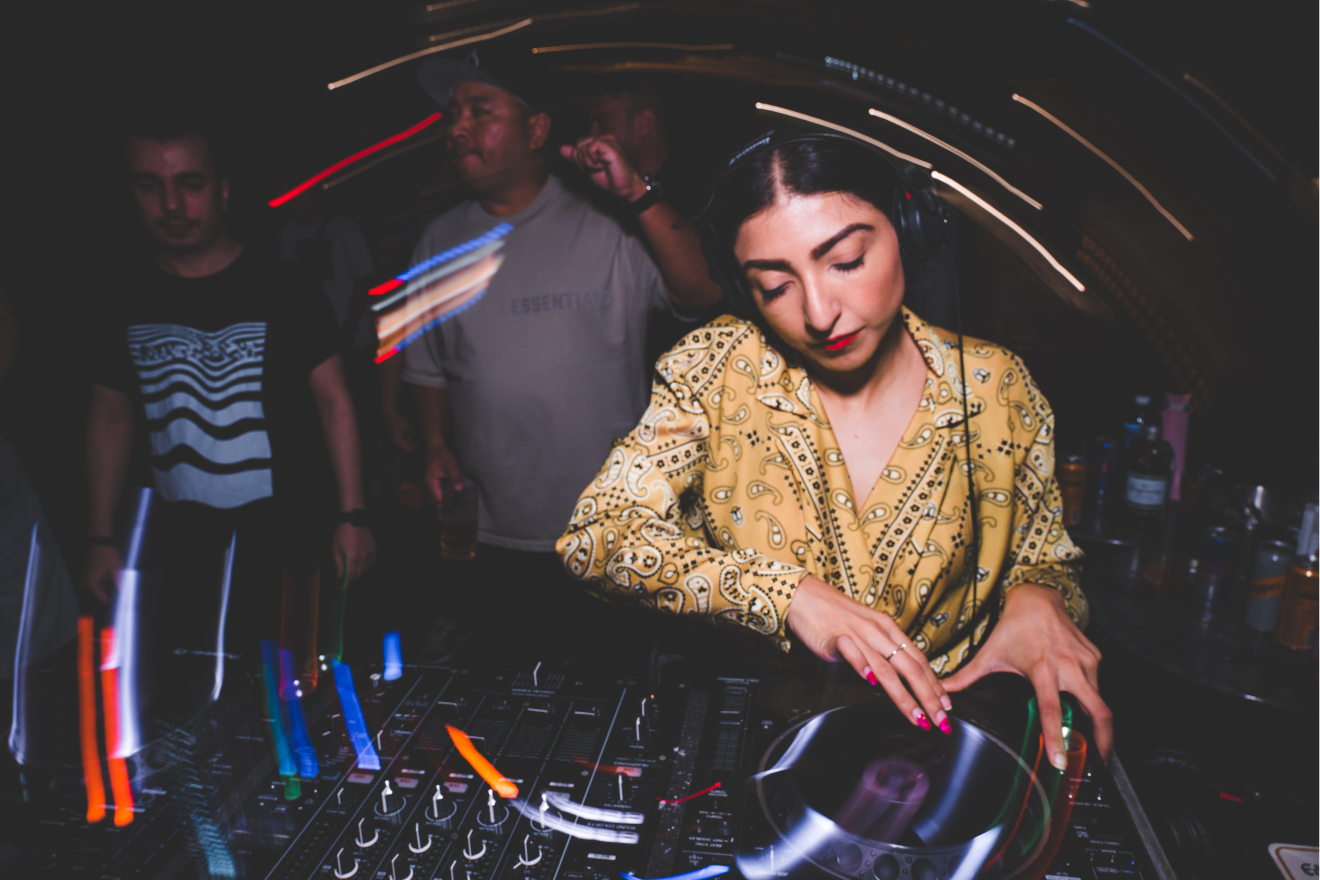
Why did you think of setting up a label in Kuala Lumpur?
The talent in KL is absolutely unbelievable. I wanted to offer the local producers a platform to express themselves and to enable them to release the music they make. Also, the hundreds of international bookings we had enabled us to network with some of the world's best electronic music producers who also released on Sweatbox Records and also offered a helping hand to budding producers.
You've thrown countless parties in the Malaysian capital city. What has changed over the years?
The crowds always change, and so does people's music taste - it's natural evolution, and it's our mission to educate the young party-goers and offer them music diversity within Malaysia's music scene.
And what hasn't changed?
Our passion to deliver quality music and events every time remains unchanged.
What is the definitive sound of Sweatbox?
While we dabbled into every underground electronic music genre over the years, we tend to adapt it to the location and the crowd we cater to. Deep, warm, fun, and groovy is what people can expect from us. Whether it's a bit of house or deep tech or the loopier minimal, it's almost impossible to come to a Sweatbox party and not dance.
Ever thought of releasing on vinyl too?
The logistics of a vinyl release are quite the work, and while we haven't excluded the idea, as a small underground label, we are not experiencing enough demand to consider vinyl releases at the moment. We certainly hope that will change over time and we are always open to exploring different formats for our releases.
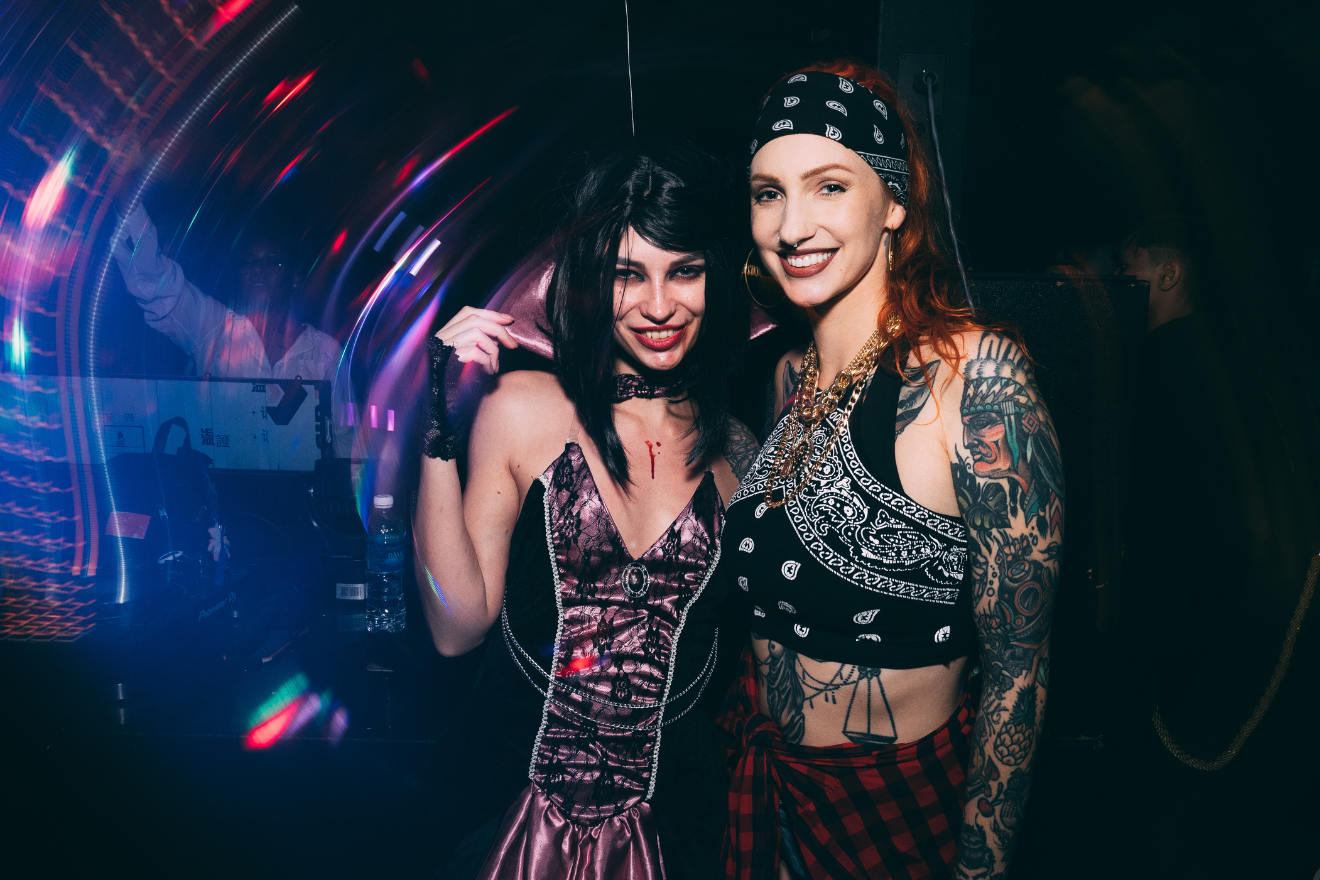
What’s the trending electronic sound in Malaysia in 2023?
The melodic techno sound has taken Malaysia by storm, especially after the pandemic. Malaysia always had an affinity for trance and progressive sounds, and melodic house and techno seem to be the most natural choice for most party-goers. Many promoters in town feature this sound at their parties. We tend to veer off in other music directions—for the sake of diversity and to provide a different party experience.
This melodic sound was featured at festivals in the country when they were allowed. There was an almost 10-year gap with no outdoor events from 2013 onwards, and after the pandemic, we are finally seeing the resurgence of festivals again. However, 99% of the lineups feature commercial dance music acts, and there is no house, techno or even drum and bass in any of the lineups. This means that the younger generation of party-goers grows unfamiliar with the music diversity, and they can only like or dislike what they hear. So, house and techno events are attended by a smaller group of people, with commercial EDM being what the great majority listen to. Also, on the radios around the country, there’s rarely any house music playing.
And do you see that changing in 2024?
I truly hope so. The legislation has changed with regard to events, and the stance of the government in a majority Muslim country weighs heavily on the possibilities we have to organise events with ease.
You only started DJing after throwing parties and releasing other people’s music for several years. How did that happen?
My resident DJs always encouraged me to start DJing. They appreciate my curation and taste in music, my infinite passion for the music world, and the fact that I have travelled the world and attended thousands of events. They believed this to be an invaluable asset for a wholesome DJ and that it would come naturally to me. After two years of convincing me, the next thing I know—I have bookings every weekend, locally and internationally. I own a radio station, and I couldn’t be happier that I chose to start DJing almost 7 years ago.
As a DJ yourself, under the guise of DJ Biscuit, what excites you most about Kuala Lumpur’s music scene?
I absolutely love to startle some emotion into people who come to my events, not knowing what to expect, and then see them leave the dance floor happy and content. I love playing music they have not heard before and luring them into exploring it together. I never prepare a playlist; my playlist is dictated by the people in front of me, their state of mind, and how they feel. I strongly believe that a good DJ is someone who reads the dance floor well and manages to tune in to the feeling of the room—a skill that we continue to hone our entire lives. Learning never stops, and I love this.
Tell us about your label roster/community.
The label truly reflects the diversity of sounds we have featured over the years. Since 2018 until today, we have continued to feature artists from all over the world, alongside the local community. We have a release from an Argentinian producer — German T.P. — and then we have Raysoo with the following one. We had releases from Eddie Richards, Doory, Loco Dice, MDE, and Marc Fanciulli, and we also had lesser-known producers or first-time producers on the label — like the recent Arm1iin release, which was also his first, with a delightful remix by The Mekanism.
In other words, experienced and budding producers both get to release on the label. The common theme is the deep and groovy sound we feature — mostly along the lines of deep tech. Reno Renatama from Indonesia is a great example — he has mastered the Sweatbox sound to a T. So much so that he is now preparing his 4th release on the label, and the music world absolutely loves his work, and so do we.
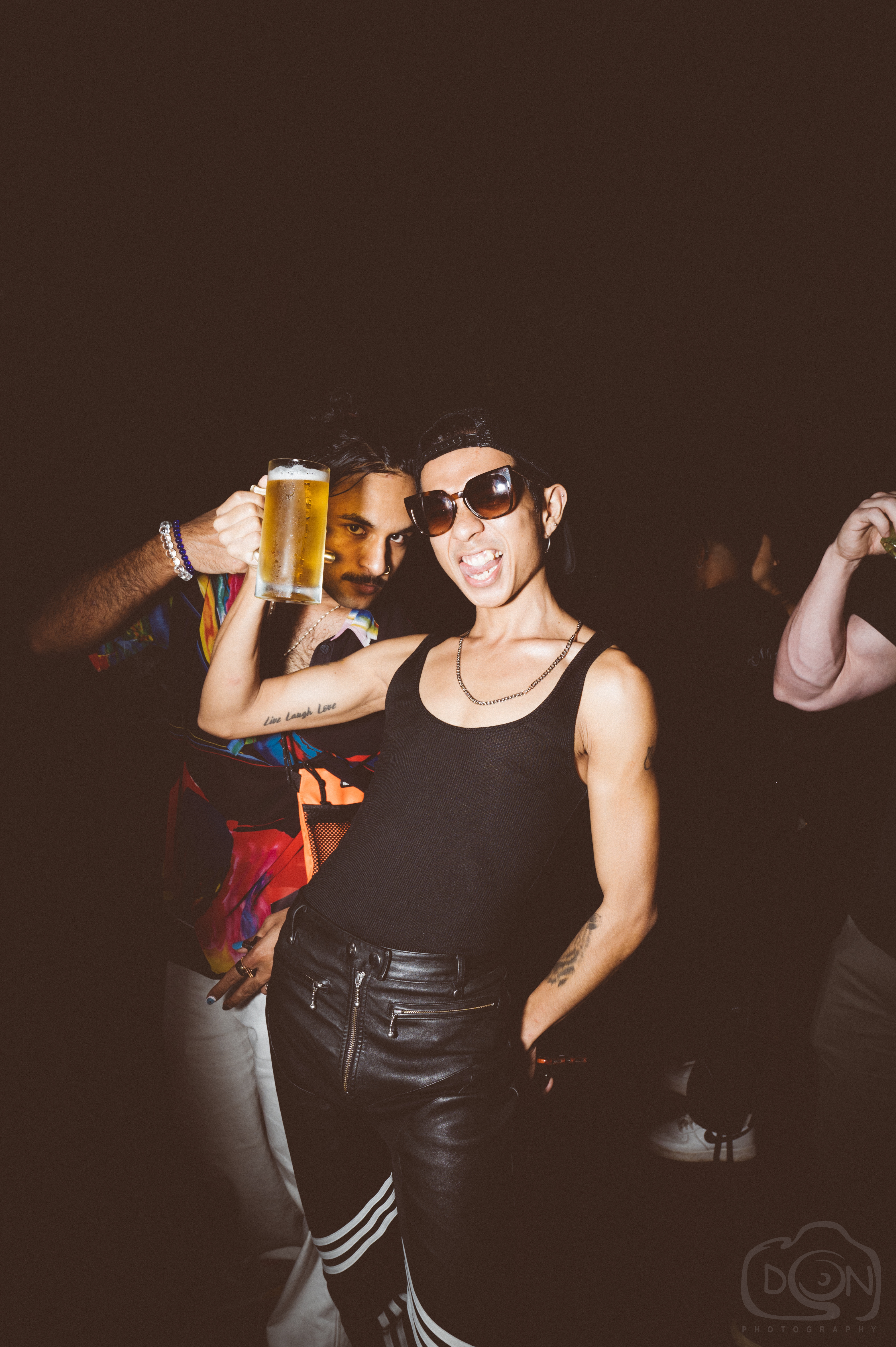
How would you define your role in Malaysia’s electronic music scene?
It’s always hard to have a bird's-eye view of one’s own achievements. I would say that my main goal of providing local producers and DJs a platform to express themselves, educating the crowds to be receptive to fresh sounds, and contributing to building audiences are some of my contributions to the scene. I am proud and fortunate to have been able to do this, specifically in a small marketplace for underground electronic music.
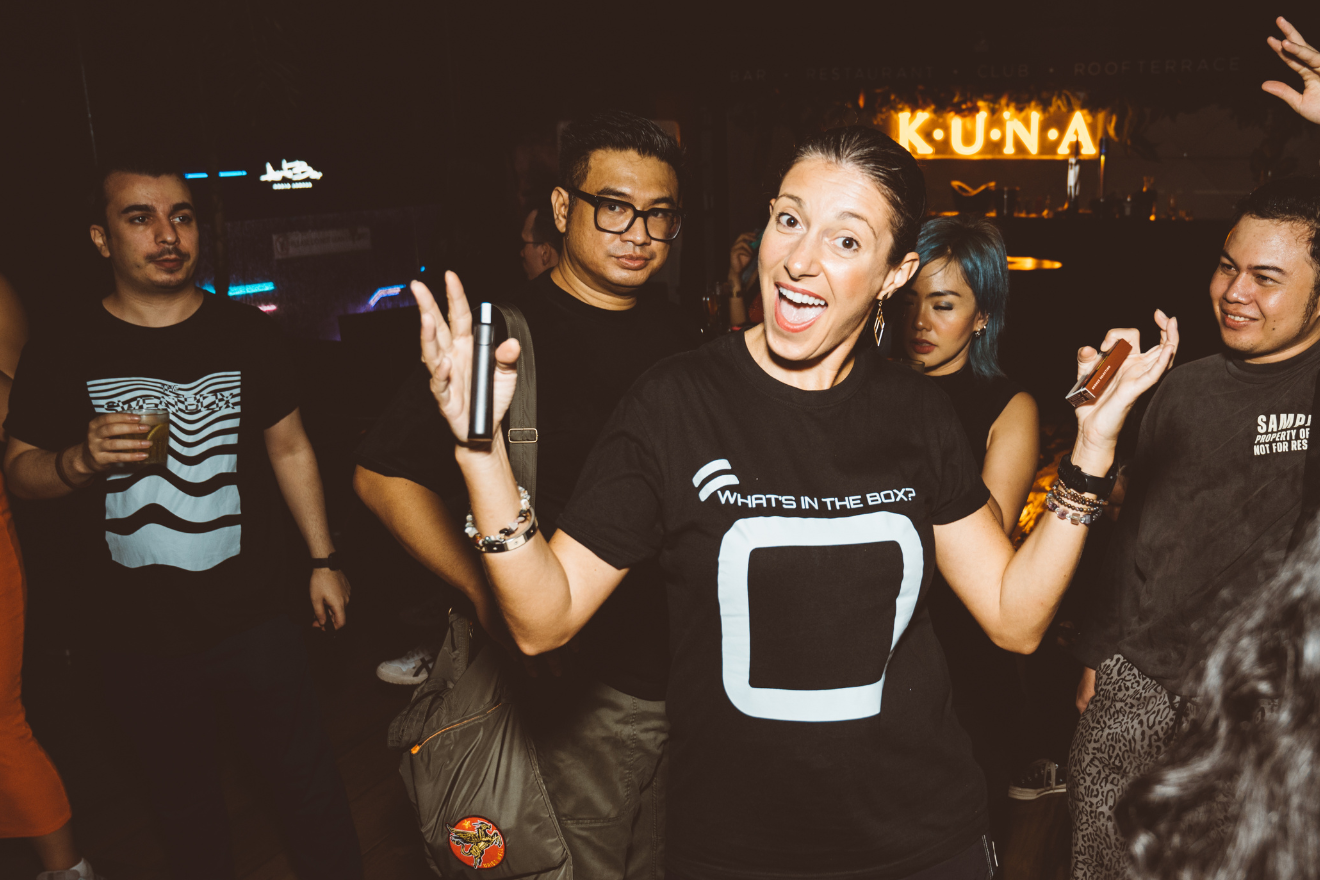
Can we expect The Sweatbox to entertain dance floors outside of Malaysia any time soon?
We have taken the Sweatbox parties on the road on several occasions, testing out audiences in Indonesia and Thailand. Indonesia was very receptive to the sound of our parties, and we are looking forward to exploring this avenue in 2024. There are some plans for this. Thailand was a great experience; we tried for four months at De Commune. However, consistency is key, so I believe instead of monthly events, we should have tried to do it more frequently. This way, people would have had an opportunity to familiarise themselves with our sound and the local DJs playing a sound that perhaps they don’t hear at other events in Thailand. I would count it as a positive experience, as it introduced many of the local artists in Thailand to what we do here in Malaysia. Some of them have played at the Sweatbox on various occasions, and Mendy Indigo even held an 8-month residency at the Girls Got Groove edition of the Sweatbox. Regional networking is an essential step in building a more universal audience.
Entering the ninth year of the Sweatbox now means we look forward to expanding our horizons and taking our concept, sound, and vibes to as many audiences as possible.
Arun Ramanathan is Mixmag Asia’s Director. Follow him on Instagram.


